Technology Industry
Q&A: How employee monitoring can sometimes do more harm than good

Credit to Author: Matthew Finnegan| Date: Mon, 15 Aug 2022 03:00:00 -0700
Digital surveillance in the workplace became a growing concern for many workers during the COVID-19 pandemic, with a reported increase in use of productivity monitoring tools to track staffers working from home or “gig workers” subject to location and productivity monitoring throughout their day.
Will new EU crypto rules change how ransomware is played?
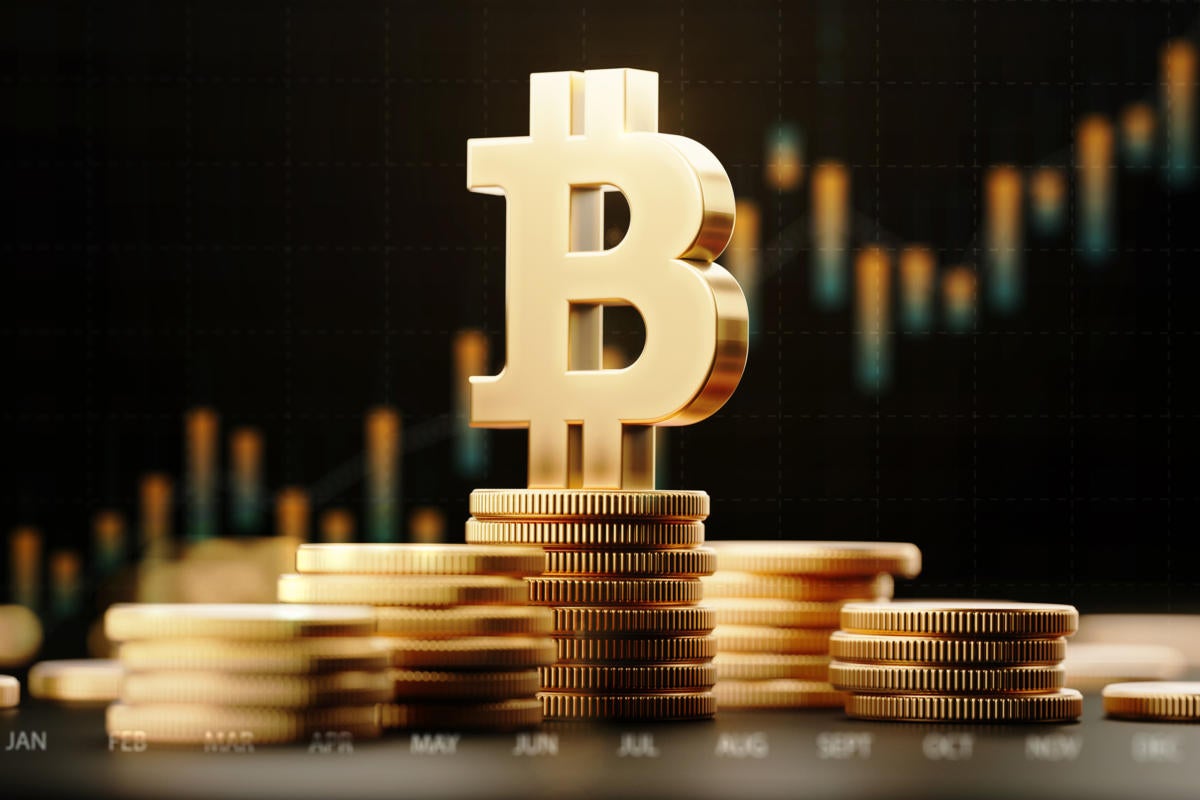
Credit to Author: Evan Schuman| Date: Wed, 20 Jul 2022 05:55:00 -0700
Cryptocurrency has always been the payment method of choice for bad guys. Get hit with an enterprise ransomware attack and plan to pay? You’ll need crypto. The key reason cyberthieves love cryptocurrency so much is that it is far harder to trace payments.
That is why a move being attempted by the European Union has so much potential. The EU — in a move that will likely be mimicked by many other regional regulatory forces, including in the United States — is putting in place tracking requirements for all cryptocurrency.
If it is successful, and the EU has an excellent track record on precisely these kinds of changes, cryptocurrency may quickly fade as the thief’s payment of choice.
European Parliament approves sweeping big tech antitrust laws
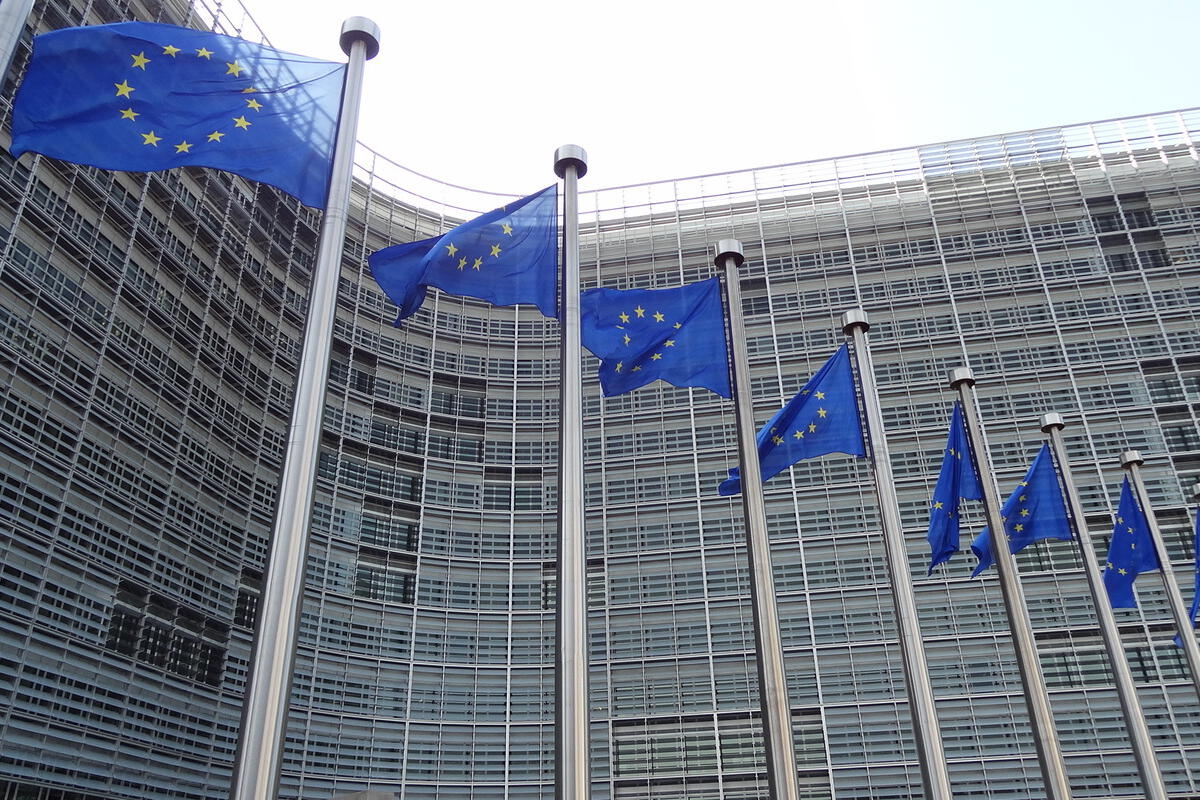
Credit to Author: Charlotte Trueman| Date: Wed, 06 Jul 2022 06:28:00 -0700
The European Commission announced late yesterday that the Digital Markets Act (DMA) and Digital Services Act (DSA) have been voted through, marking a new chapter for how technology companies will be able to operate in the EU. The parliament voted 588 in favor and 11 against for the DMA, while 539 MEPs backed the DSA, with 54 votes against.
Microsoft commits to ban non-competes and increase pay transparency in the US
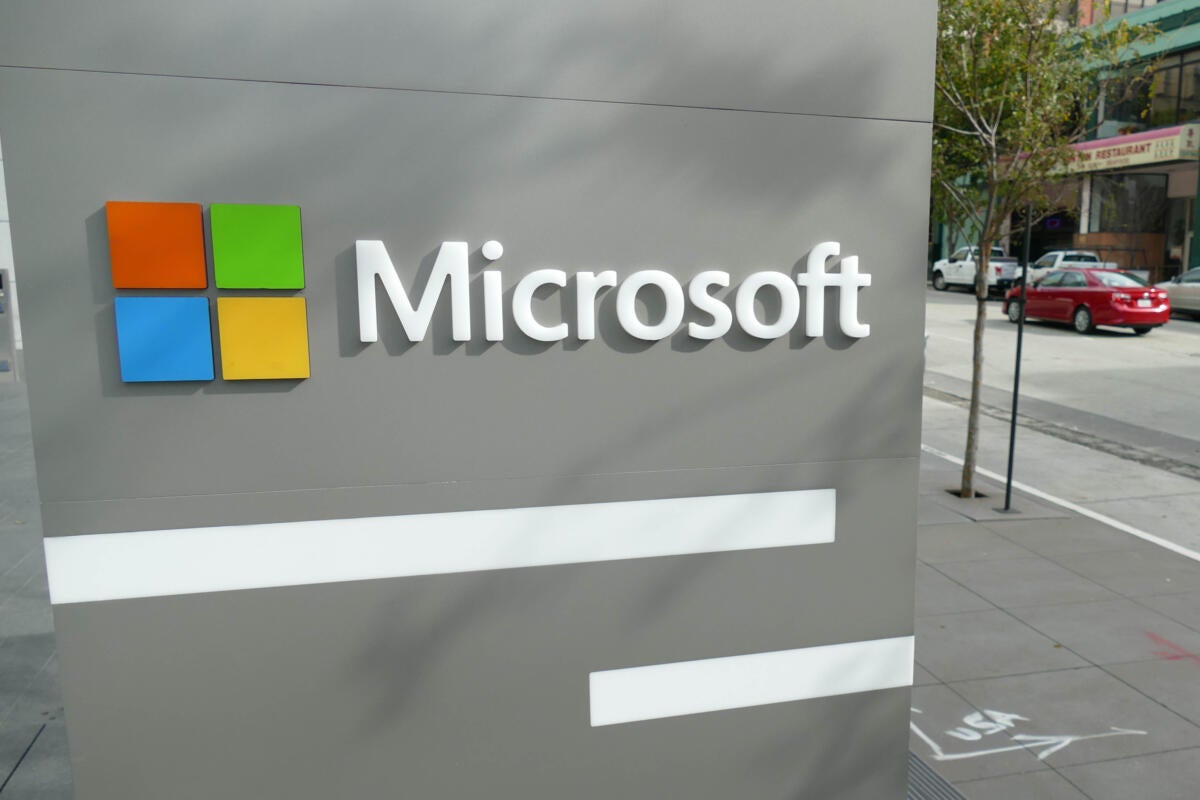
Credit to Author: Charlotte Trueman| Date: Thu, 09 Jun 2022 04:21:00 -0700
Microsoft has launched four new employee workforce initiatives aimed at creating a more transparent workplace culture, including the banning of non-compete clauses in contracts and a commitment to improved pay transparency.
The four commitments have been categorized by Microsoft as:
- Empowering employee mobility
- Fostering a safe space for concerns
- Increasing pay transparency
- Conducting a civil rights audit
The new policies aim to address concerns raised by employees that current non-compete obligations are being used as a forced retention tactic. Consequently, the company will be removing non-compete clauses from US employee agreements and will not enforce existing clauses for workers outside of Microsoft’s senior leadership team.
DOJ reverses itself, says good-faith security researchers should be left alone
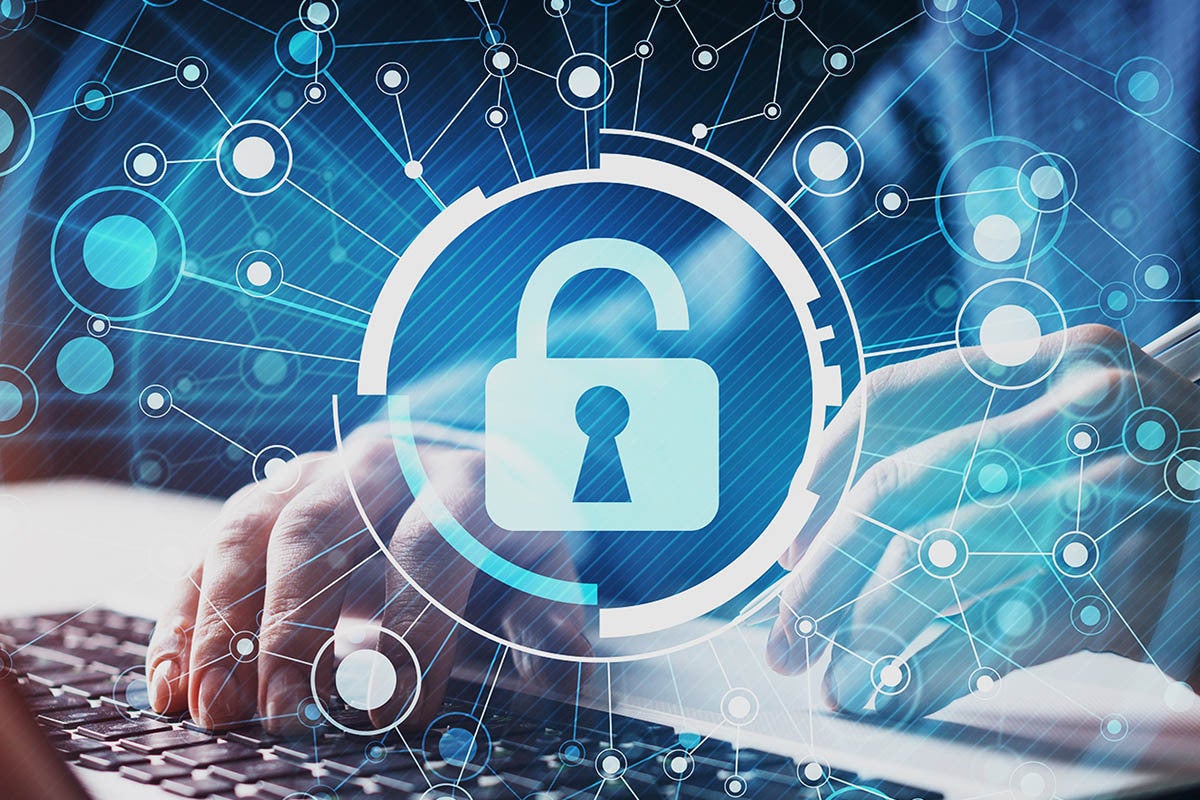
Credit to Author: Evan Schuman| Date: Thu, 26 May 2022 03:02:00 -0700
In a move that could have a major impact on enterprise penetration testing and other cybersecurity tactics, the US Department of Justice last Thursday reversed one of its own policies by telling prosecutors not to prosecute anyone involved in “good-faith security research.”
This is one of those common-sense decisions that makes me far more interested in exploring the original DOJ policy (set in 2014, during the Obama era).
The underlying law at issue is the Computer Fraud and Abuse Act, which made it illegal to access a computer without proper authorization. It was passed in 1986 and has been updated several times since then.
How to stop worrying and love zero trust

Credit to Author: Mike Elgan| Date: Thu, 31 Mar 2022 03:00:00 -0700
Countless articles have been published in the past few years about zero trust, most of them explorations and expositions for security professionals.
But I want to write for remote workers on the other side of the so-called “trust” equation — the people who will deal with the changes and inconveniences as zero-trust strategies are implemented and refined over the next few years.
Welcome to this jargon-free explanation of zero trust.
Do svidaniya, Kaspersky — goodbye
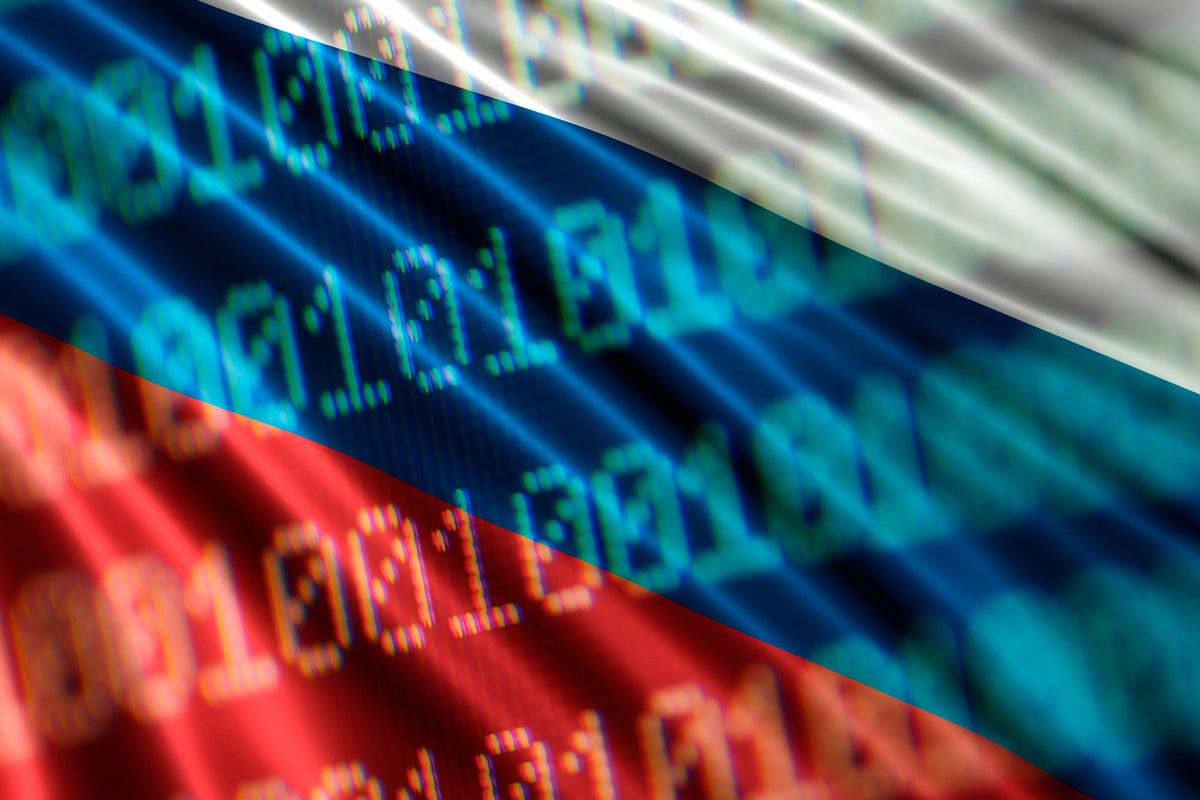
Credit to Author: Steven J. Vaughan-Nichols| Date: Fri, 18 Mar 2022 03:00:00 -0700
Companies and governments have, shall we say, interesting relations. Just ask any Chinese tech company in recent days. But, while they’re losing billions, companies in war-mongering countries like Russia have an even harder row to hoe. How can Russian companies support Russia’s unprovoked invasion of Ukraine?
You may say they can’t, but that just shows you haven’t studied history. When money and ethics are weighed against each other, money usually wins. For example, such American-as-apple-pie-and-baseball companies as General Motors, Ford, Coca-Cola, and IBM supported Nazi Germany during World War II.
